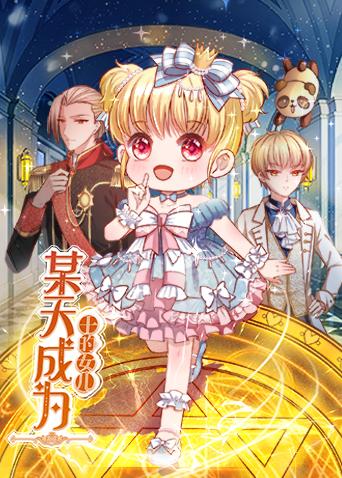精品久久久中

精品久久久中


回复 :四川偏远山区的女教师小璐(秦海璐饰),自出生起就生长在黄河边,单纯质朴。一天,正在给孩子们上课的小璐被校长叫出去迎接外宾。这支专程从香港来到这里为孩子们注射疫苗的医疗队,受到了村里的热情款待。而温文尔雅的年轻实习医生小东,更是给小璐留下了深刻印象,小璐芳心暗许。当医疗队完成任务返港时,小璐乘坐的客车意外翻倒,恰巧被医疗队救出。此时,小璐完全被细心体贴的小东打动了,认定小东就是自己的白马王子。可小东和小璐终归是生活在两个世界的人,而且小东也有了女友。然而小东突然被诊断出患了癌症。万念俱灰的小东断然与女友分手,随小璐来到了黄土高坡。小璐无微不至地照顾着小东,甘心陪他走过人生的最后日子。然而小璐等来的,却是一段还未开始便已结束的孤单爱情。
回复 :2011年,导演斯迪格·比约克曼应褒曼女儿伊莎贝拉·罗西里尼邀请,筹拍这部“关于妈妈”的纪录片。片中收录了大量褒曼生前的私人录像、笔记、书信等从未公开的珍贵资料。
回复 :It has been said that most great twentieth century novels include scenes in a hotel, a symptom of the vast uprooting that has occurred in the last century: James Ivory begins Quartet with a montage of the hotels of Montparnasse, a quiet prelude before our introduction to the violently lost souls who inhabit them.Adapted from the 1928 autobiographical novel by Jean Rhys, Quartet is the story of a love quadrangle between a complicated young West Indian woman named Marya (played by Isabelle Adjani), her husband Stefan (Anthony Higgins), a manipulative English art patron named Heidler (Alan Bates), and his painter wife Lois (Maggie Smith). The film is set in the Golden Age of Paris, Hemingway's "moveable feast" of cafe culture and extravagant nightlife, glitter and literati: yet underneath is the outline of something sinister beneath the polished brasses and brasseries.When Marya's husband is put in a Paris prison on charges of selling stolen art works, she is left indigent and is taken in by Heidler and his wife: the predatory Englishman (whose character Rhys bases on the novelist Ford Madox Ford) is quick to take advantage of the new living arrangement, and Marya finds herself in a stranglehold between husband and wife. Lovers alternately gravitate toward and are repelled by each other, now professing their love, now confessing their brutal indifference -- all the while keeping up appearances. The film explores the vast territory between the "nice" and the "good," between outward refinement and inner darkness: after one violent episode, Lois asks Marya not to speak of it to the Paris crowd. "Is that all you're worried about?" demands an outraged Marya. "Yes," Lois replies with icy candor, "as a matter of fact."Adjani won the Best Actress award at Cannes for her performances in Quartet: her Marya is a volatile compound of French schoolgirl and scorned mistress, veering between tremulous joy and hysterical outburst. Smith shines in one of her most memorable roles: she imbues Lois with a Katherine-of-Aragon impotent rage, as humiliated as she is powerless in the face of her husband's choices. Her interactions with Bates are scenes from a marriage that has moved from disillusionment to pale acceptance.Ruth Prawer Jhabvala and James Ivory's screenplay uses Rhys's novel as a foundation from which it constructs a world that is both true to the novel and distinctive in its own right, painting a society that has lost its inhibitions and inadvertently lost its soul. We are taken to mirrored cafes, then move through the looking glass: Marya, in one scene, is offered a job as a model and then finds herself in a sadomasochistic pornographer's studio. The film, as photographed by Pierre Lhomme, creates thoroughly cinematic moments that Rhy's novel could not have attempted: in one of the Ivory's most memorable scenes, a black American chanteuse (extraordinarily played by Armelia McQueen) entertains Parisian patrons with a big and brassy jazz song, neither subtle nor elegant. Ivory keeps the camera on the singer's act: there is something in her unguarded smile that makes the danger beneath Montparnasse manners seem more acute.

